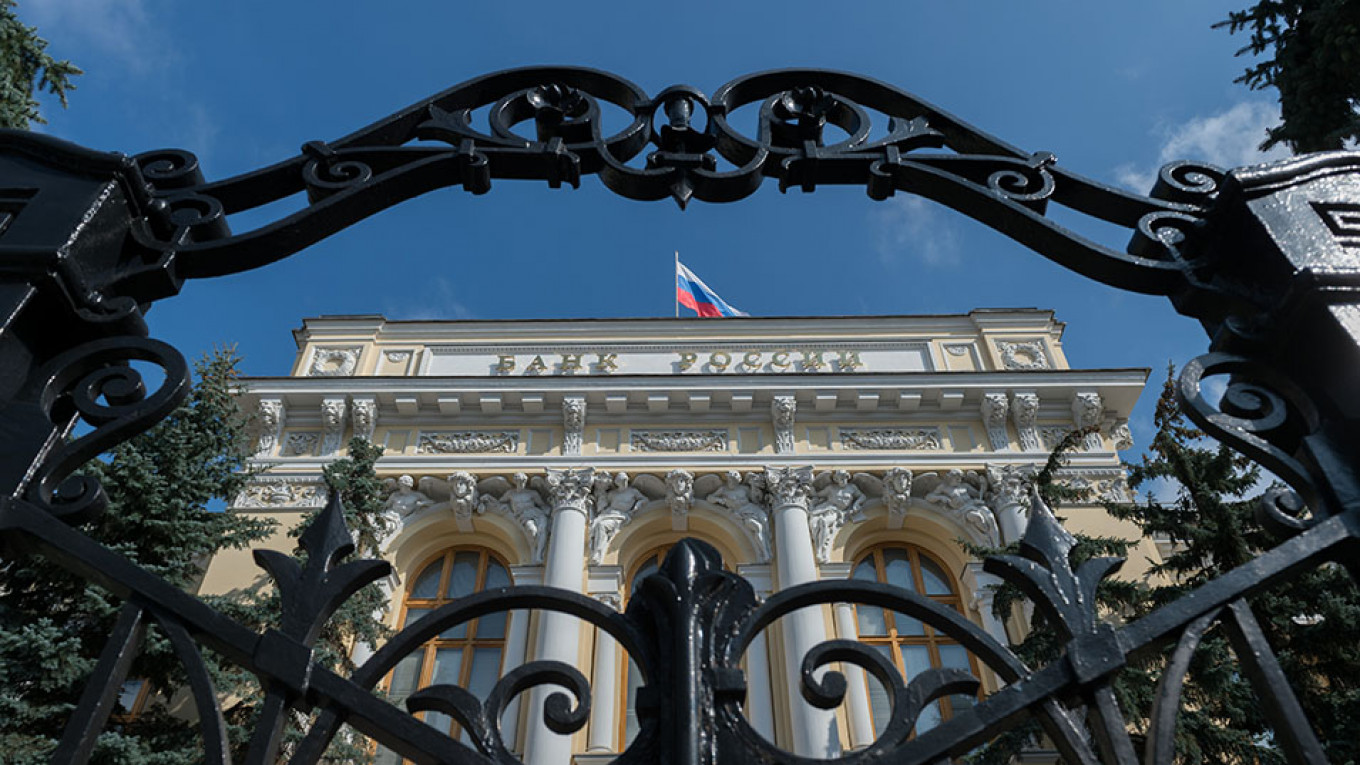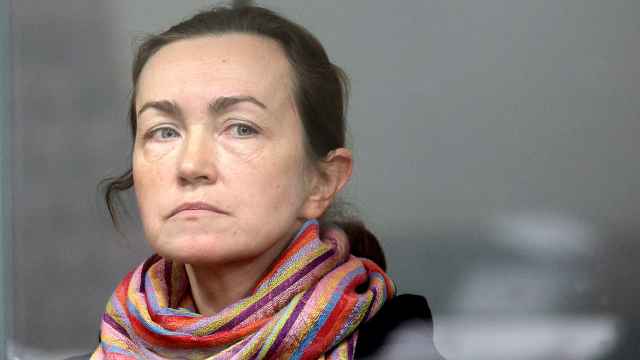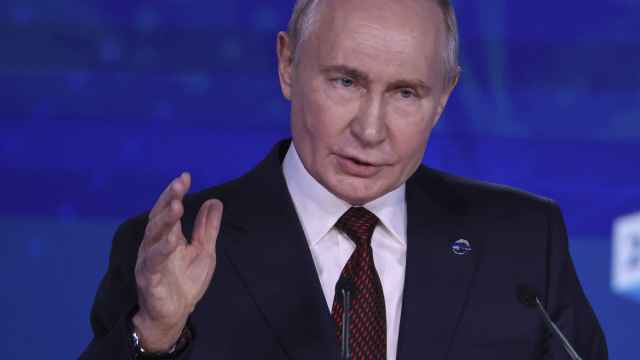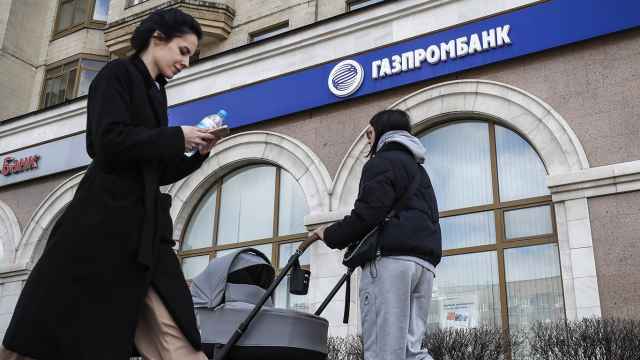The Bank of Russia may halt monetary easing after five consecutive interest-rate cuts due to uncertainty following a government shake-up.
The appointment of a new prime minister and likely changes to cabinet positions will make Central Bank Governor Elvira Nabiullina more cautious, giving her a reason to hold the key rate at 6.25% at the next meeting on Feb. 7, according to analysts at Morgan Stanley and ING. Forward-rate agreements show the market is still pricing in 25 basis-points of cuts in the next three months.
“Given the likely fiscal easing and no clarity on the structural transformation, the Central Bank may now have additional cause for a cautious approach,” Dmitry Dolgin, an economist at ING Groep NV in Moscow, said in a research note.
Foreign investors poured about $16 billion into Russian local-currency bonds last year after a drop in inflation led the Central Bank to cut rates at a faster pace than expected. Yields jumped the most in two months on Wednesday when President Vladimir Putin announced sweeping constitutional changes and a reshuffle of government positions.
Mikhail Mishustin, Putin’s nominee to be the next prime minister, said Thursday he would work to improve the business climate and macroeconomic stability. He also called for an acceleration in spending on a infrastructure program that was caught up in bureaucracy last year.
On Wednesday, Putin also announced an increase in public spending, estimated to cost about 4 trillion rubles ($65 billion) over four years.
The Central Bank will wait to see what impact last year’s rate cuts have on inflation before deciding on further easing, First Deputy Governor Ksenia Yudaeva reiterated Wednesday. So far the reductions haven’t helped to revive price growth, which is well below a 4% target and set to slow below 3% in the first quarter.
What Bloomberg economists say:
“Depending on how Putin’s new government takes shape, the Central Bank may see additional reason to pause. Even if fiscal policy isn’t loosened, swifter implementation could push up prices,” said Scott Johnson, Bloomberg Economics.
Analysts at Rabobank said the short-term political uncertainty may weigh on the ruble in coming weeks, eroding gains from a rally last year. The ruble traded down 0.5% 61.68 per dollar on Monday, underperforming all of its emerging-market peers.
Debt investors should be closely watching the fate of fiscally conservative Finance Minister Anton Siluanov in the new government, Emerginomics economist Tatiana Orlova wrote in a research note published Thursday.
“The lack of clarity on the fiscal stance could turn the Central Bank more cautious, adding reasons to wait before further easing,” Morgan Stanley economist Alina Slyusarchuk said in a report. “Policy continuity is not certain.”
A Message from The Moscow Times:
Dear readers,
We are facing unprecedented challenges. Russia's Prosecutor General's Office has designated The Moscow Times as an "undesirable" organization, criminalizing our work and putting our staff at risk of prosecution. This follows our earlier unjust labeling as a "foreign agent."
These actions are direct attempts to silence independent journalism in Russia. The authorities claim our work "discredits the decisions of the Russian leadership." We see things differently: we strive to provide accurate, unbiased reporting on Russia.
We, the journalists of The Moscow Times, refuse to be silenced. But to continue our work, we need your help.
Your support, no matter how small, makes a world of difference. If you can, please support us monthly starting from just $2. It's quick to set up, and every contribution makes a significant impact.
By supporting The Moscow Times, you're defending open, independent journalism in the face of repression. Thank you for standing with us.
Remind me later.






